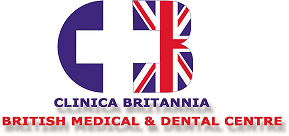The analyzes showed that individuals who ate a moderate amount of eggs had higher levels of apolipoprotein A1 and especially had more large HDL molecules in their blood, which help remove cholesterol from blood vessels and thus protect against blockages that can lead to heart attacks and strokes.
They also identified 14 metabolites related to this type of pathology. They found that participants who ate fewer eggs had lower levels of beneficial metabolites and higher levels of harmful ones, compared to those who ate them more regularly.
Eggs are one of the richest sources of dietary cholesterol and also contain a wide variety of essential nutrients and bioactive compounds, including high-quality protein, fat-soluble and B vitamins, phospholipids, and choline. The evidence for the association between eggs and CVD remains controversial in both observational and prospective studies based on Western populations, with some studies finding a positive association and others finding none.
Come to Clinica Britannia for further information.

